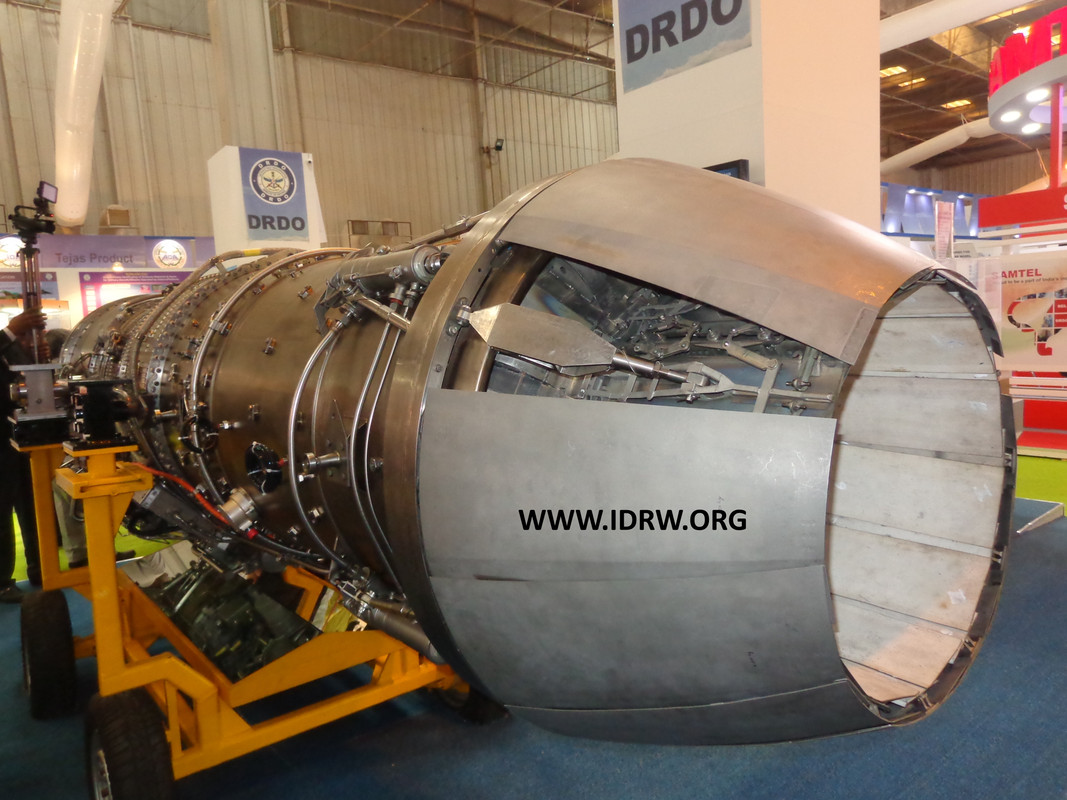SOURCE: AFI


Report going around claiming the French company Safran has cleared the Kaveri engine for integration with the LCA Tejas fighter jet are misleading. This information actually dates back to 2018, not a recent development.
For clarification, DRDO in its 2017 annual report provided details of the significant progress made with the Kaveri engine that year. Five prototypes underwent a total of 145 hours of testing, including successful completion of critical tests and the first-ever transient test simulating idle to max reheat conditions.
Here’s the key takeaway: The Kaveri project, initially abandoned in 2014 due to shortcomings in meeting Air Force power requirements, is indeed undergoing revival with potential French assistance. This collaboration aims to integrate the engine with both the LCA Tejas and a future UCAV project.
However, Safran’s involvement is not new. The 2018 audit report referenced in recent articles was conducted as part of the offset obligations associated with India’s 2016 purchase of 36 Rafale fighter jets from France.
While the audit concluded the Kaveri engine had reached a stage suitable for limited flight testing integrated with an aircraft, there’s no current plan to formally involve Safran in the program. DRDO’s own roadmap envisions testing a dry Kaveri engine with an afterburner section on an LCA Tejas trainer aircraft sometime in the 2028-29 timeframe.
In essence, recent reports regarding Safran’s clearance for Kaveri engine integration are inaccurate and based on outdated information. The Kaveri project revival is underway, but with an independent path charted by DRDO, potentially incorporating lessons learned from the 2018 French audit.